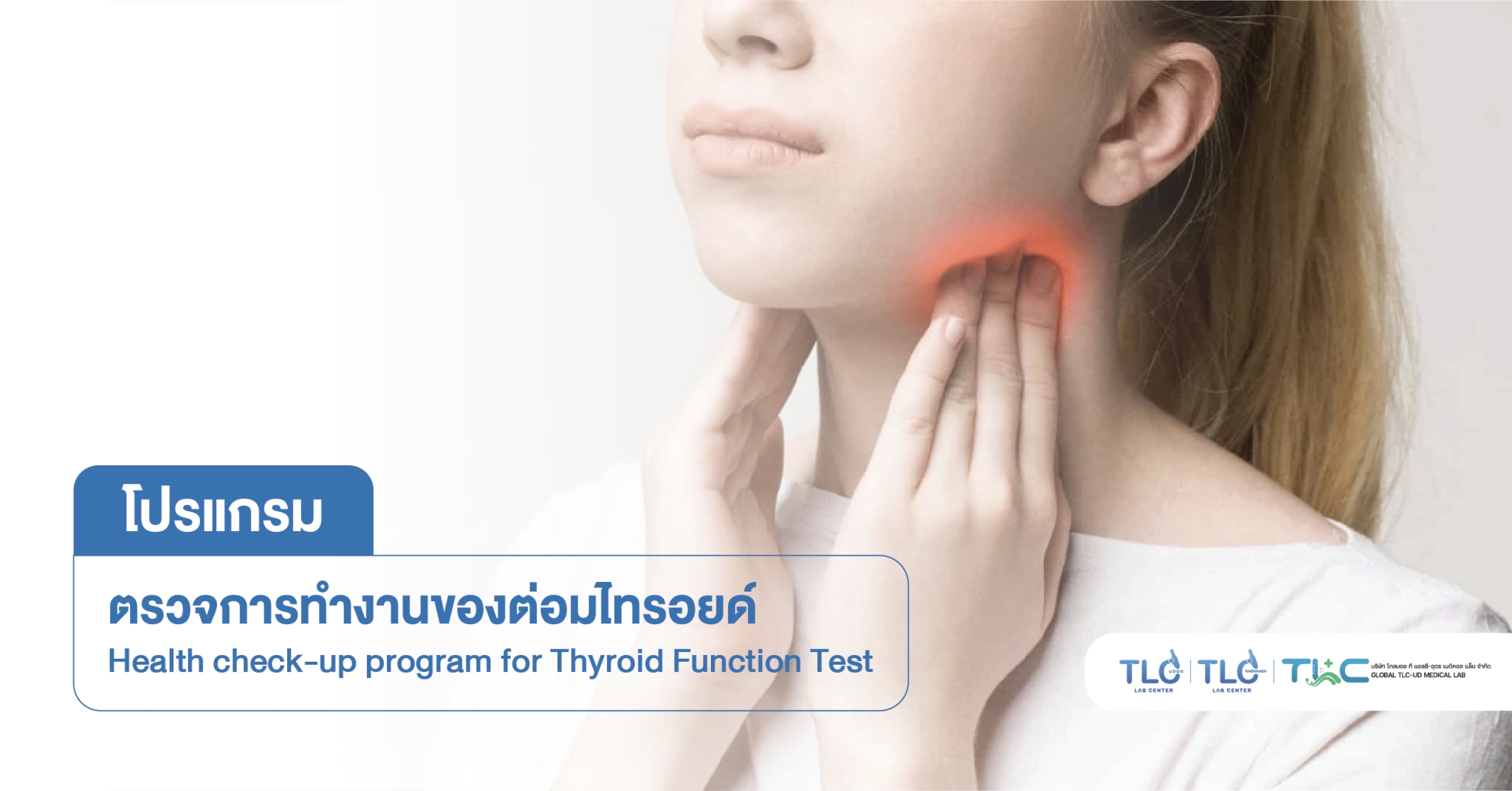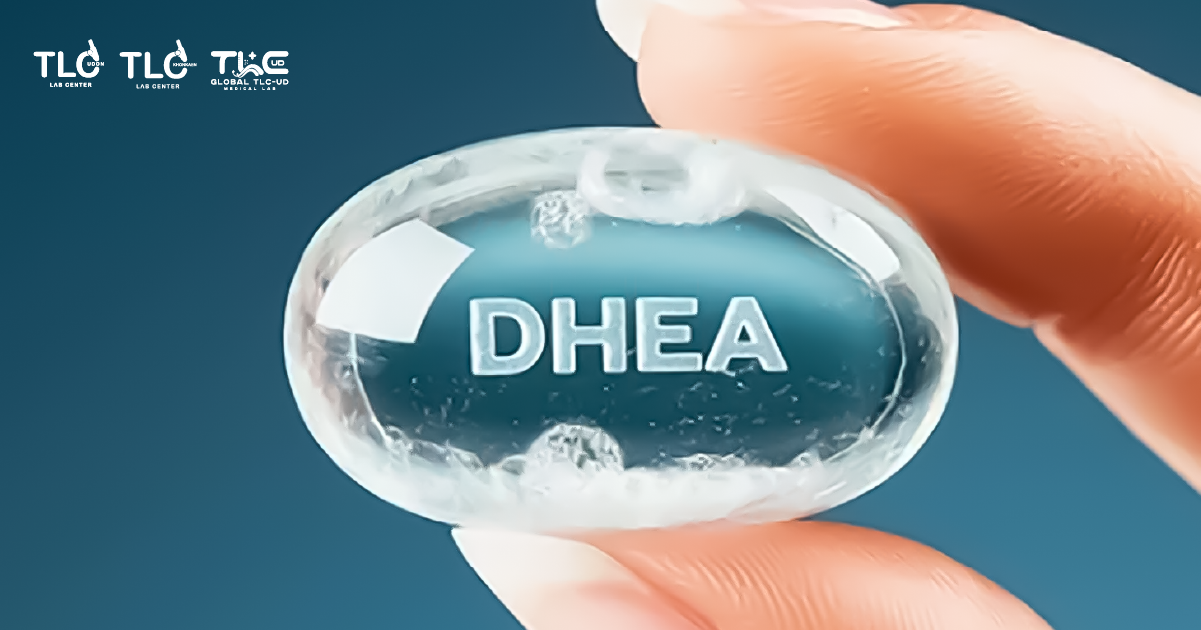Iodine is an essential mineral that plays a key role in the production of thyroid hormones, which help regulate many bodily functions, including metabolism. It also contributes to the development and growth of the nervous system and brain. However, both iodine deficiency and excess can cause health issues—too little can lead to conditions like goitre or intellectual disabilities, while too much may result in thyroid toxicity.
Health Benefits of Iodine
- Supports thyroid hormone production: Iodine is a key component in making thyroid hormones, which regulate metabolism and support the function of all cells.
- Promotes growth and development: It is vital for bone growth and nervous system development, especially in infants and young children.
- Enhances brain development: Iodine plays a critical role in brain function, memory, learning, and nervous system activity.
- Helps manage body weight: It aids in burning excess fat and helps regulate body weight.
- Improves skin, hair, and nail health: Iodine contributes to maintaining healthy skin, strong hair, and nails.
- Boosts immunity: It helps strengthen the immune system and protects against infections and diseases.
What Happens When You’re Iodine Deficient?
1. Goitre (Thyroid Enlargement)
Caused by long-term iodine deficiency. The thyroid gland enlarges due to increased cell activity (hyperplasia), leading to:
- Slow metabolism
- Slower heart rate
- High diastolic blood pressure
- Fatigue, sluggishness, and drowsiness
- Constipation
- Dry skin and brittle hair
- Stunted growth in children
2. Developmental Issues
Especially in rapidly growing individuals, symptoms differ by age:
- Foetuses: Pregnant women with iodine deficiency may miscarry or give birth to stillborn babies. Surviving infants may experience stunted growth, brain abnormalities, or neurologic cretinism (short stature, developmental delays).
- Newborns: May develop an enlarged thyroid (goitre) and hypothyroidism.
- Preschoolers, school-age children, teens, and adults: Iodine deficiency can cause goiter, hypothyroidism, mood disturbances, and cognitive sluggishness.
What Happens If You Get Too Much Iodine?
1. Goitre or Hyperthyroidism
Too much iodine can overstimulate the thyroid, especially in people with genetic predispositions, resulting in excessive thyroid hormone production.
2. Chronic Excess
May lead to thyroid inflammation or thyroid cancer. Symptoms may include:
- Nervous system disorders
- Rapid heart rate
- Insomnia
- Fatigue
- Excessive sweating and unexplained weight loss
3. Acute Iodine Toxicity
Symptoms include:
- Burning in the mouth, throat, and stomach
- Fever, abdominal pain, nausea, vomiting, diarrhea
- Slowed pulse

How Much Iodine Do You Need?
Daily requirements vary by age and physiological condition, according to the National Institutes of Health (NIH):
| Age Group | Recommended Daily Intake |
|---|---|
| Infants (0–6 months) | 110 mcg |
| Infants (7–12 months) | 130 mcg |
| Children (1–8 years) | 90 mcg |
| Children (9–13 years) | 120 mcg |
| Teenagers (14–18 years) | 150 mcg |
| Adults | 150 mcg |
| Women | 220 mcg |
| Lactating Women | 290 mcg |
Sources of Iodine
Naturally found in:
- Marine plants and animals: Fish, shrimp, seaweed
(e.g., 100g of seafood = 25–70 mcg iodine, dried seaweed = 200–400 mcg) - Shellfish: Crabs, clams, shrimp
- Iodized salt
- Iodized fish sauce
- Vegetables: Spinach, mustard greens, broccoli
- Fruits: Strawberries
- Dairy products: Yogurt, milk, cheese
- Breast milk and infant formula
Note: Sea salt and rock salt do not contain iodine, as it evaporates during processing.
How to Prevent Iodine Deficiency
- Use iodized salt in daily cooking. Check the label for iodine content, manufacturer, and FDA approval.
- Eat seafood regularly (e.g., mackerel, shellfish, shrimp, crab).
- Choose iodine-enriched products like soy sauce, fish sauce, or iodized seasonings.
Note: A Low Iodine Diet (under 50 mcg/day) is recommended only for patients preparing for radioactive iodine treatment.
Lab Testing
To assess iodine levels, laboratory tests can be done to measure the iodine content in the body.
References
- World Health Organization. (2007). Assessment of iodine deficiency disorders and monitoring their elimination: A guide for programme managers (3rd ed.). Geneva: WHO Press.
- National Institutes of Health. (2022). Iodine: Fact Sheet for Health Professionals. [ods.od.nih.gov]
- Zimmermann, M. B. (2011). The role of iodine in human growth and development. Seminars in Cell & Developmental Biology, 22(6), 645-652.















